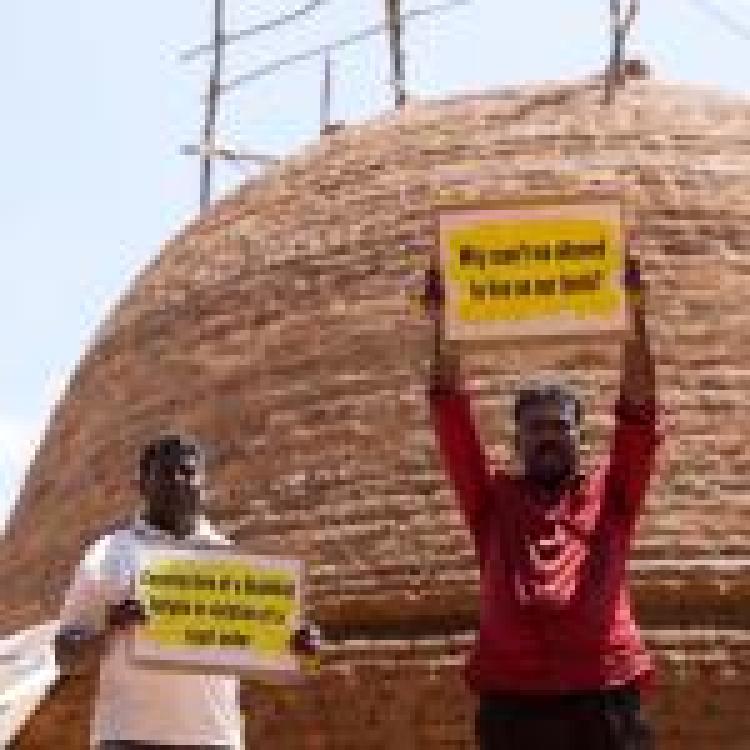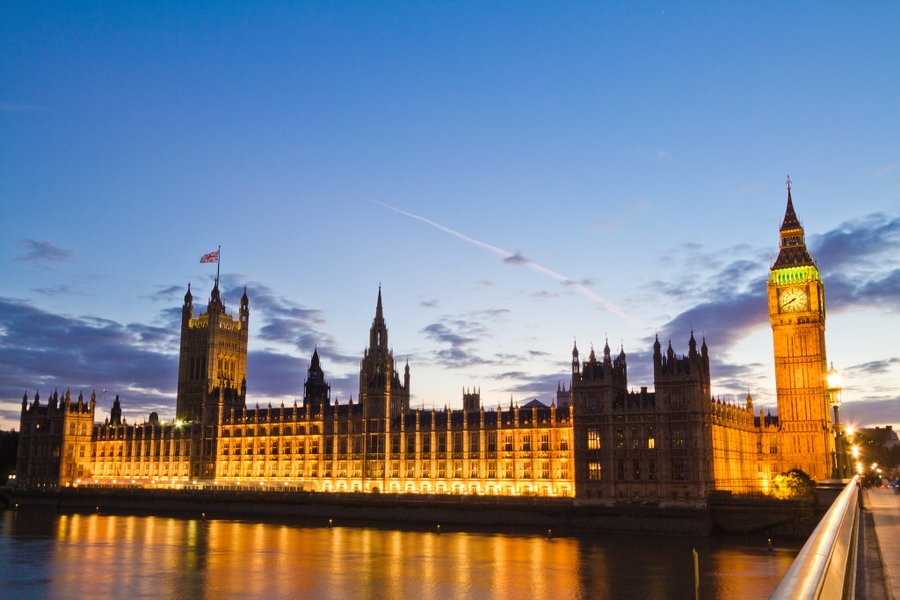
British parliamentarians from across the political spectrum participated in a Westminster Hall debate on Tamils and human rights in Sri Lanka, with many urging the UK government to consider sanctioning Sri Lankan officials accused of war crimes.
The debate was kicked off by Martyn Day, MP for Linlithgow and East Falkirk, by stating that "this story has a long and tragic history."
"Generations of oppression have been suffered by the Tamil people. Events which still haunt survivors. A cycle of violence and genocide which is sadly ongoing," Day said.
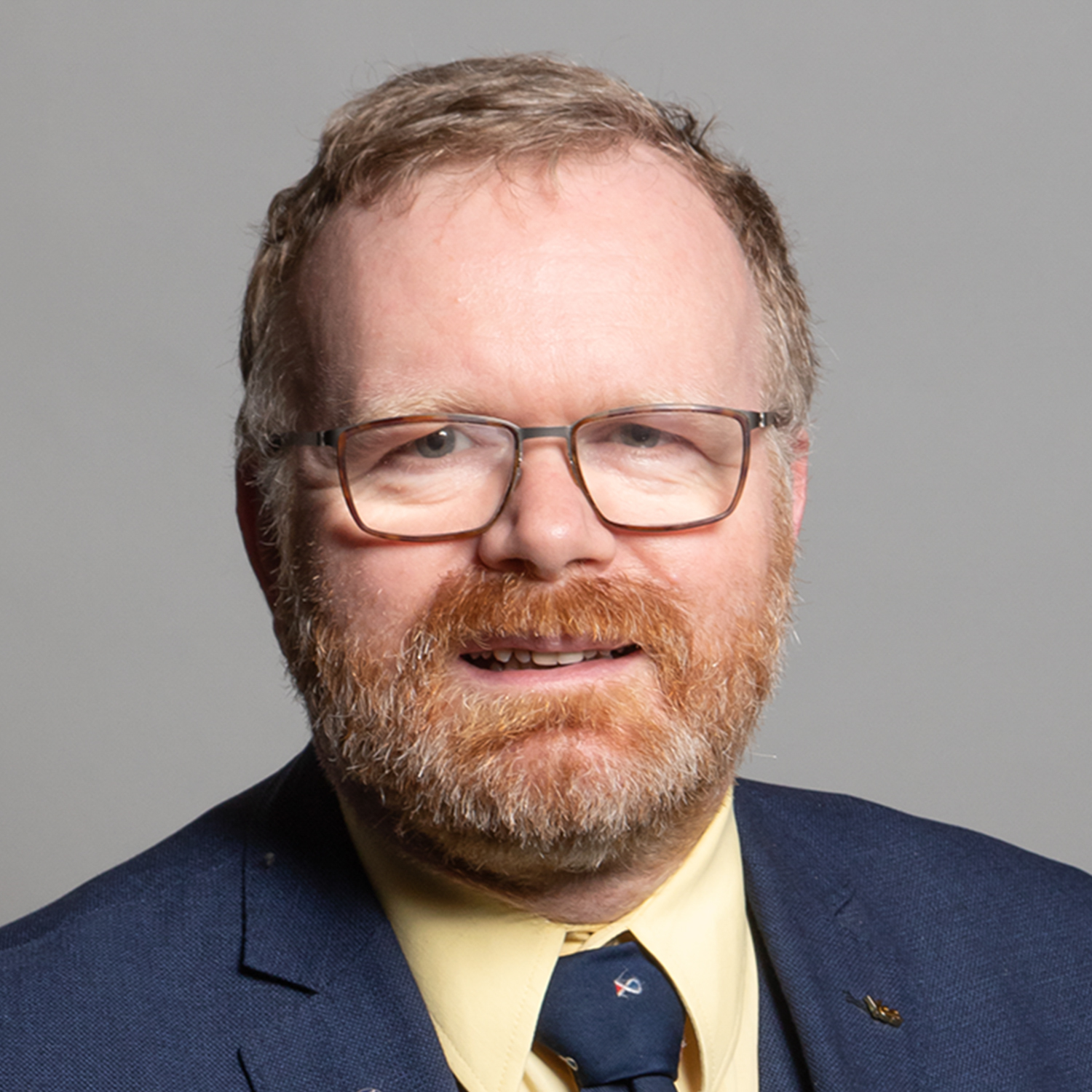
Day highlighted examples of oppression and violence faced by the Tamil community in the years leading up to the armed conflict, including the anti-Tamil pogrom in 1983, often dubbed as 'Black July".
Black July "was not an isolated event but was part of a wider picture of persecution and cycle of violence."
"Many Tamils in the UK would now have arrived here after fleeing the 1983 conflict and would remember the events and violence."
"These scars are deepened by the fact that years later, the Sri Lankan Tamil community are no closer to any meaningful accountability or justice for these terrible pogroms and by the fact that many of the institutions and laws which enabled the violence remain in place today."
Day also stated that the notorious Prevention of Terrorism Act (PTA) has "enabled the detention of political prisoners for long period since it was enacted in 1979."
He further highlighted that the Anti-Terror Act which the Sri Lankan govenrment have proposed will replace the PTA "may in fact be worse."
Ahead of today's debate, the Sri Lankan High Commission sent a confidential briefing to lawmakers claiming that Colombo “remains committed to pursuing tangible progress in the protection of human rights and reconciliation”.
Day highlighted the briefing's section on the Office of Missing Persons (OMP) which claims that the OMP's tracing unit found that 16 people are alive and confirmed that three were deceased as of November 2023.
"Let me put that into context: it is believed that some 18,000 Tamils had been handed over to the army - so what happened to the rest?"
Day also said the UK government "could and should go further" in putting pressure on the Sri Lankan government.
"As a UN member state and ally of Sri Lanka, I would urge that the UK does more to support these calls for accountability, for justice and human rights protection," Day said.
"Ultimately, there must be a right to self-determination for the Tamils. Everyone should be able to live without fear and according to their customs and traditions," Day added.
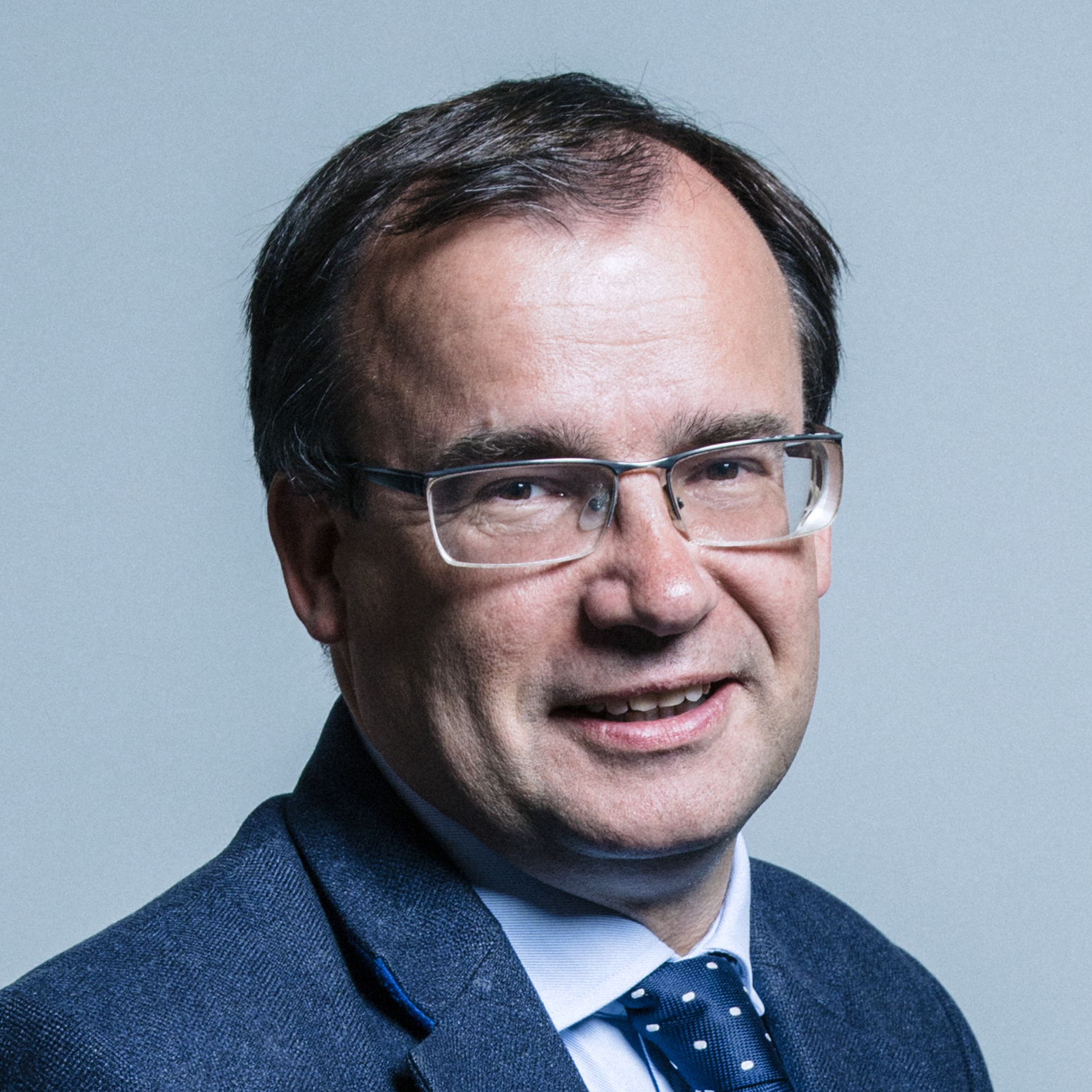
In his intervention, Gareth Thomas, MP for Harrow West, spoke about the PTA which is used "arbitarily as a means to discriminate against and intimidate the remaining Tamil community in Sri Lanka."
Thomas asked Day if he shared his view "that it is high time that the British government took more decisive action to put pressure on the Sri Lankan govenrment to end the use of that Act."
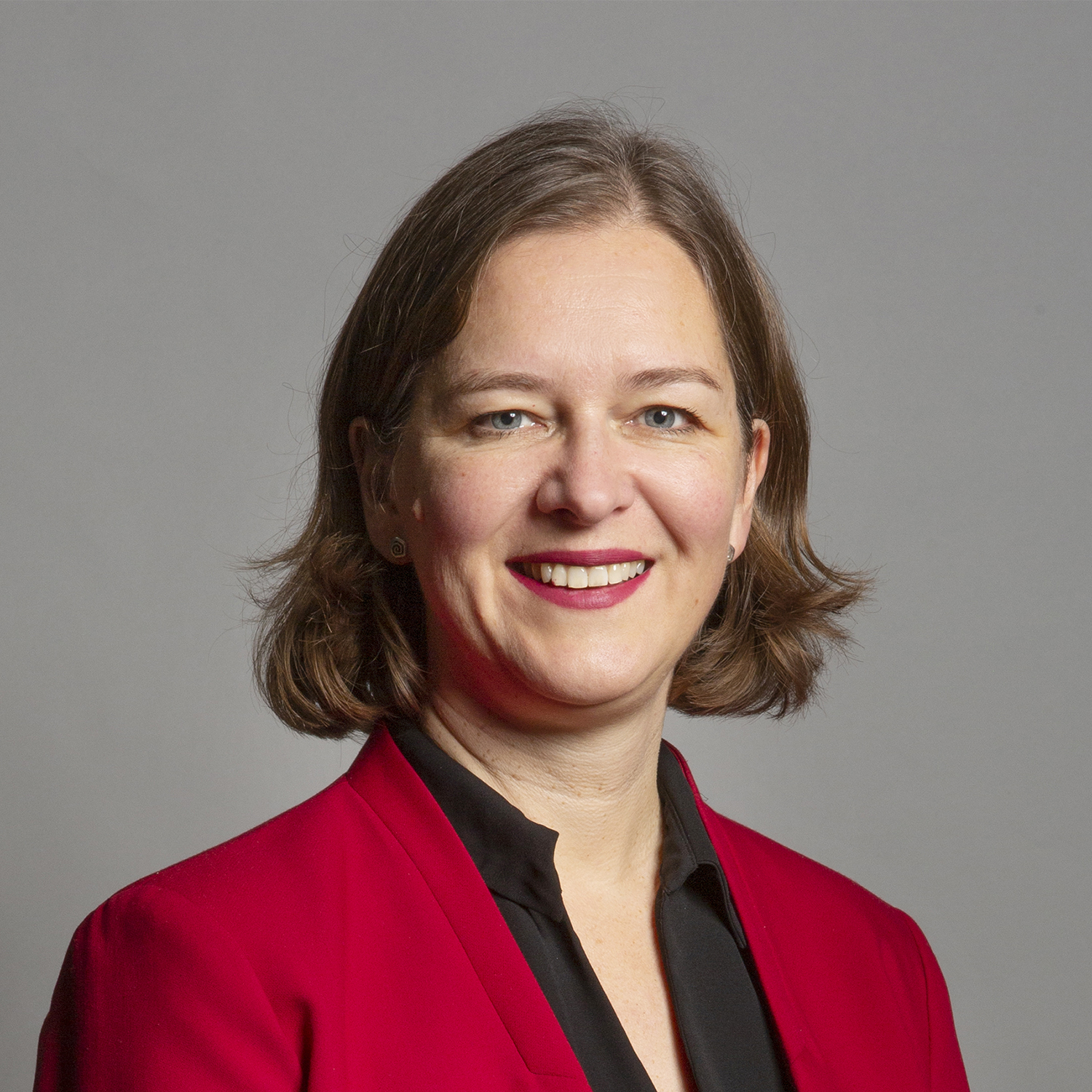
Fleur Anderson, MP for Putney drew attention to the lack of access to clean drinking water by Tamils in the Northern province.
She highlighted that the "Sri Lankan govenment has refused to allow independent assessments of water quality in northern Sri Lanka" and called on the Sri Lankan government to "ensure all citizens of that region, who are mostly Tamils, have access to clean drinking water and anyone affected by contamination be provided with medical care and compensated adequately."
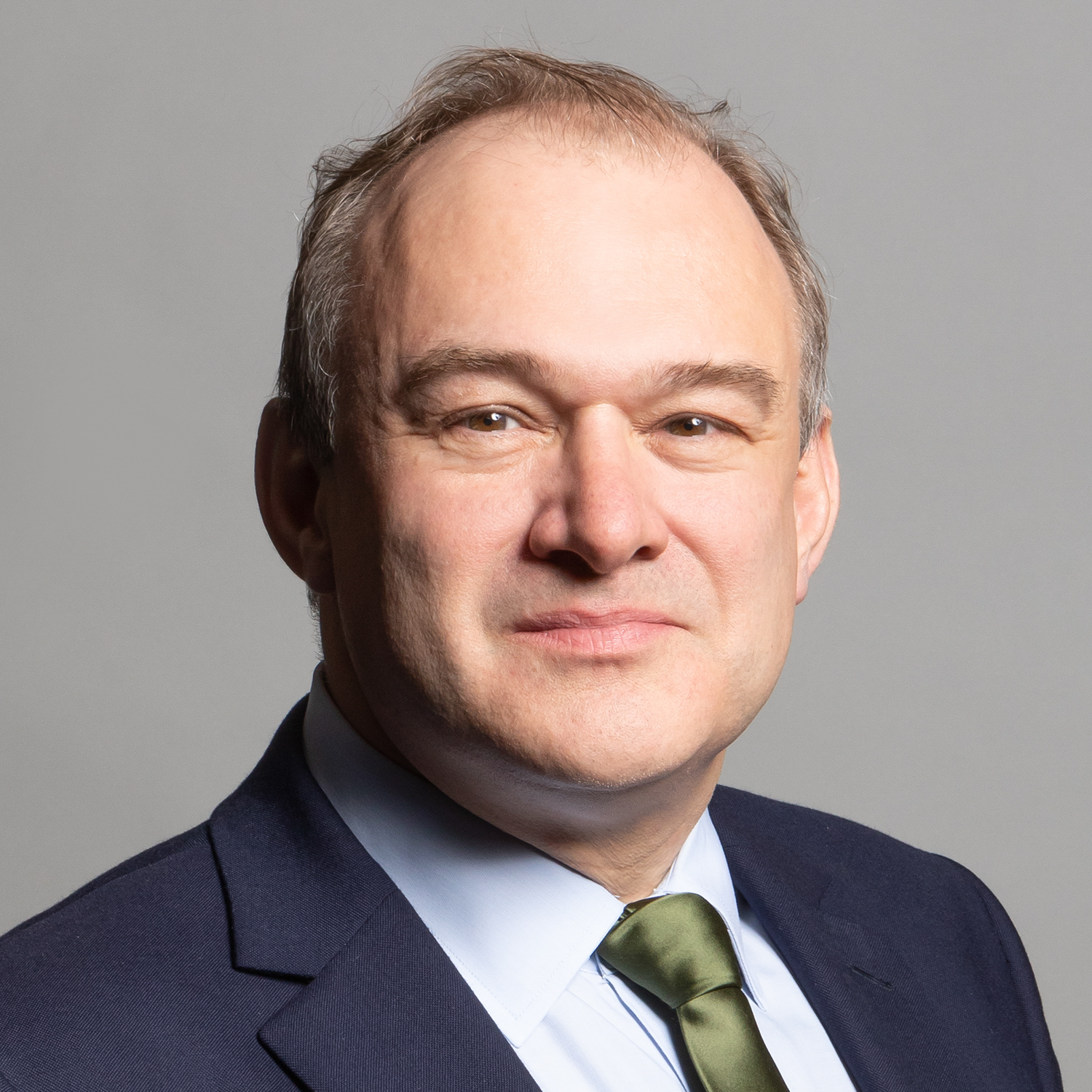
Ed Davey, MP for Kingston and Surbiton, said there needs to be "greater openness and transparency" about David Cameron who is now serving as the UK's Foreign Secretary.
"Before his appointment, the Foreign Secretary was known to be lobbying for Port City Colombo, and he has done a lot of work with China and Sri Lanka," Davey pointed out.
As prime minister, Cameron spearheaded efforts on accountability for war crimes on the island and pushed for a full international inquiry into mass atrocities at the UN Human Rights Council. However, earlier this year he met with Sri Lanka's president and toured the site of a proposed Chinese-backed project before speaking at an event aimed at drumming up investment for the project.
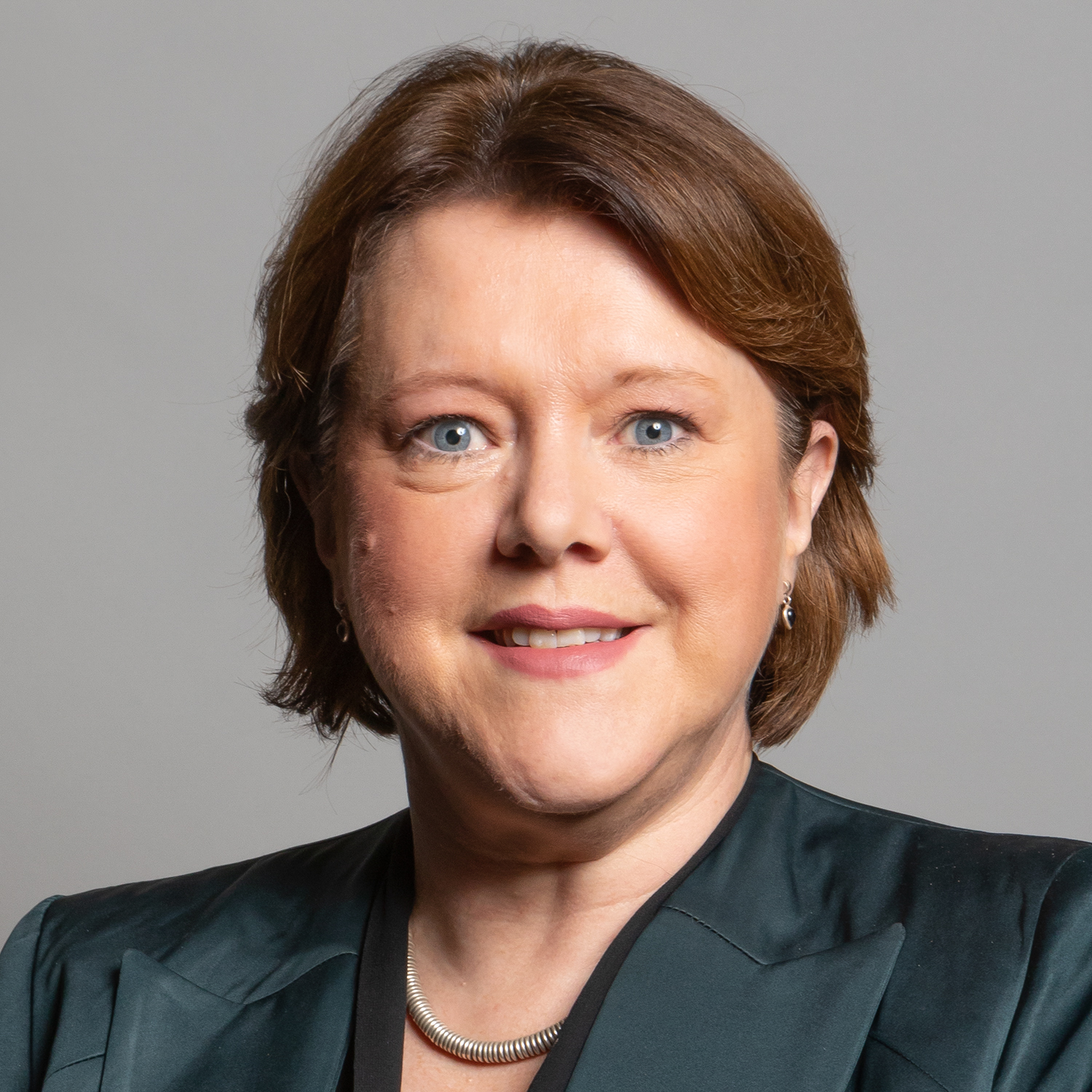
Maria Miller MP for Basingstoke said:
"We know that Tamils have on occasion not been able to attend memorials for those killed or lost during the civil war which is a vital part of community healing. Back in 2011, we heard from the UK panel of experts that there were credible allegation of war crimes, crimes against humanity and the fact that these have not been fully investigated, or charged, or prosecuted have, I believe diminished the ability of the country to reconcile from the events of the past."
Miller also mentioned that many organisations have expressed "significant concern" over the National Unity and Reconciliation mechanism established by Sri Lanka earlier this year.
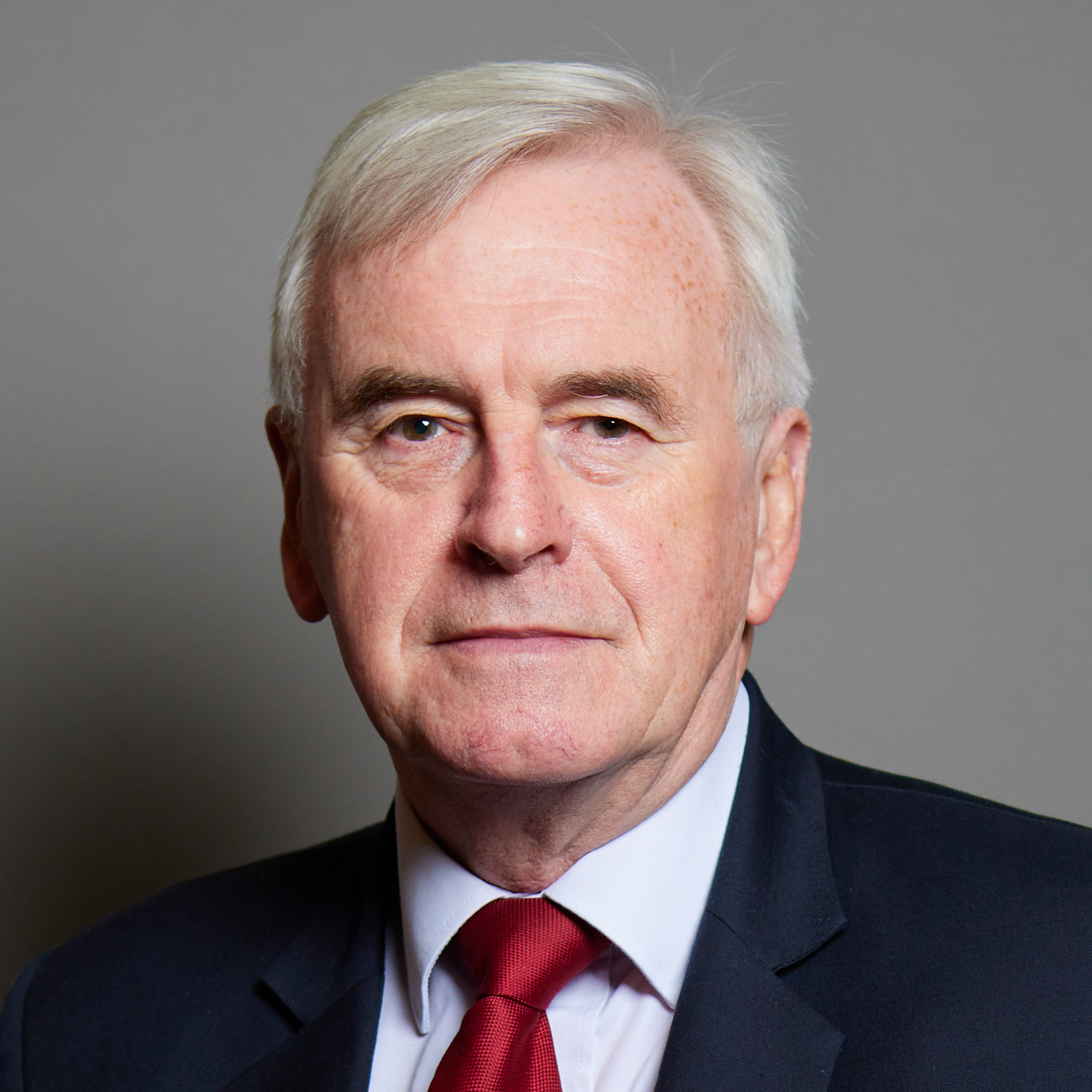
John McDonnell, MP for Hayes and Harlington, asked "how many more times do we have to be here and debate this issue before the UK plays its full role in securing justice for the Tamil community?"
McDonnell added that he remembered 2009 "distinctly", when the armed conflict came to a bloody end as Sri Lanka ramped up its military offensive in Mullivaikkal. He recalled that his one of his Tamil constituents had gone back to the North-East to find his forcibly disappeared family but himself was forcibly disappeared and they have not heard from him since.
The MP for Hayes and Harlington also mentioned the briefing that was circulated by the Sri Lankan high Commission which claims that arrangements have been put in place to protect civil liberties.
"That's certainly not the reports that we get from our constituents who have families back in Sri Lanka," McDonnell said.
"The recent ones we've been told is Tamil remembrance day [Maaveerar Naal] in which peole were arrested, detained and then memorials were smashed aswell - that doesn't sound like the protection of civil liberties."
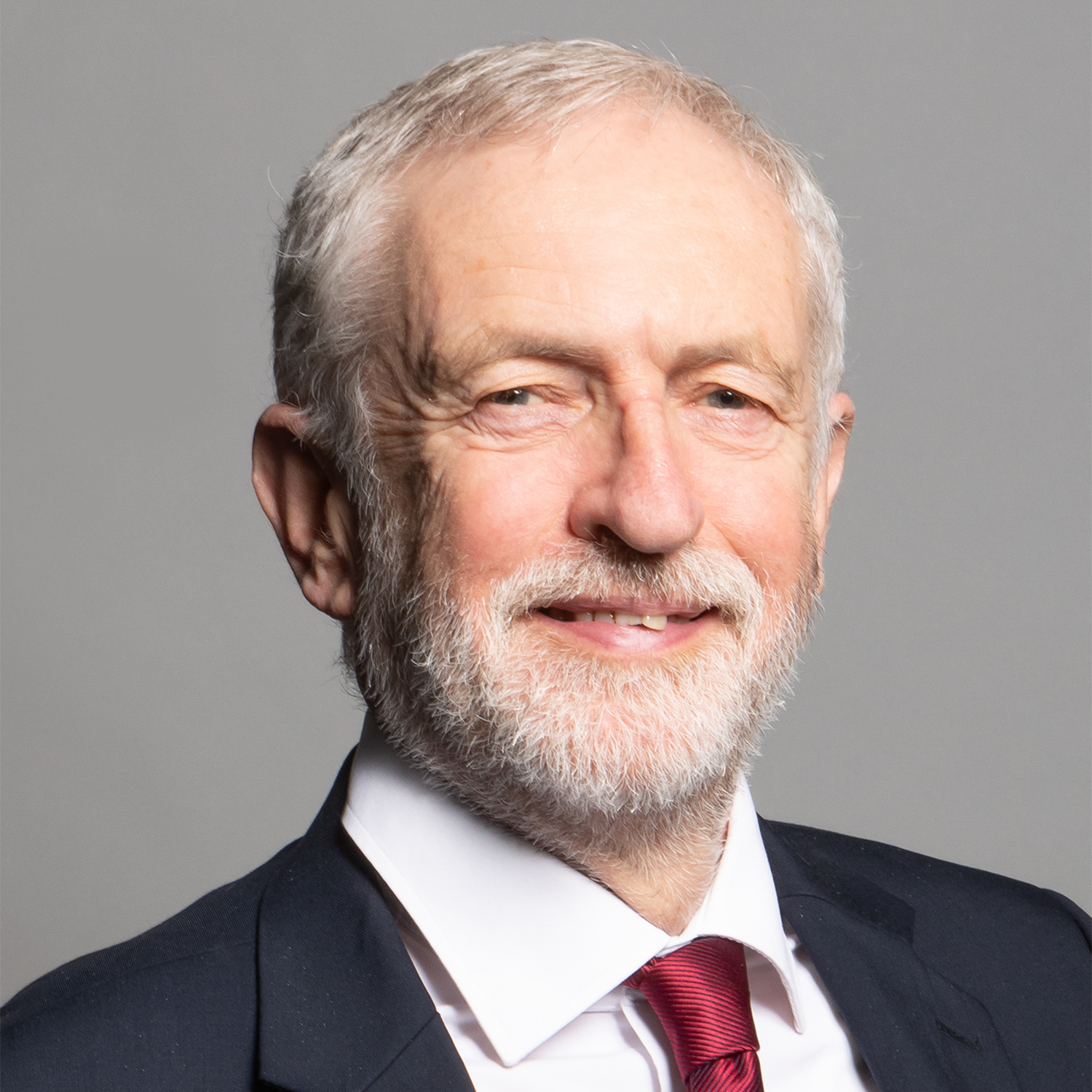
Jeremy Corbyn, MP for Islington, recalled his visit to Sri Lankan in 1984 in which he "raised with the then President Jayewardene the issue of the human rights system, the abuse of human rights and the use of the Prevention of Terrorism Act."
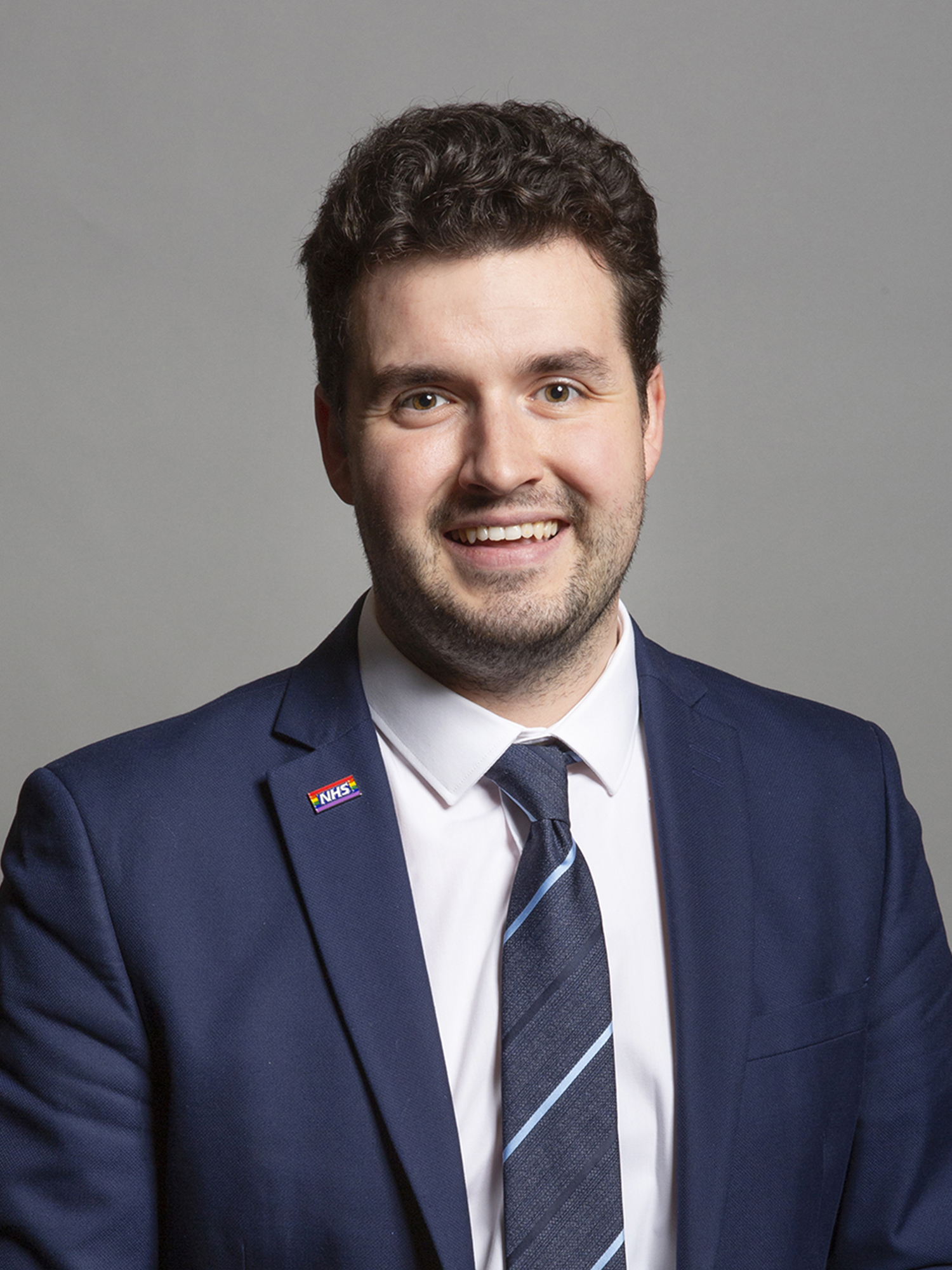
Elliot Colburn, MP for Carshalton and Wallington and Chair of the All Party Parliamentary Group for Tamils (APPGT) called on the UK government to "urgently consider sanctions".
In his intervention, Colburn stated that the US and Canada had already sanctioned those credibly accused of war crimes and that "it is time the UK followed suit and imposed them without any further delay."
"The diplomatic efforts and the internal efforts in Sri Lanka have not brought about meaningful change or any lasting peace. The Tamil community’s quest for justice and peace must not be deterred. It is time for us to follow the international community, impose sanctions and continue to lead the way in standing up for the rights of Tamil people," Colburn went on.
"Even in the years preceding 2009, all the promises made by the Sri Lankan Government under human rights resolutions failed to come to anything."
Colburn added that "militarisation is an area where the UK could go further."
"Militarisation remains pervasive, with 16 out of the 20 military divisions on the island in the North and East, otherwise known as Tamil areas. Demilitarisation is crucial to securing and fostering a sustainable and lasting peace. The referral to the International Monetary Fund for a bail-out after Sri Lanka’s economy crashed could not be linked to human rights, but it could put conditions on Government spending. One thing we should push for in the IMF bail-out is a reduction in military spending. That must be a condition of that money."
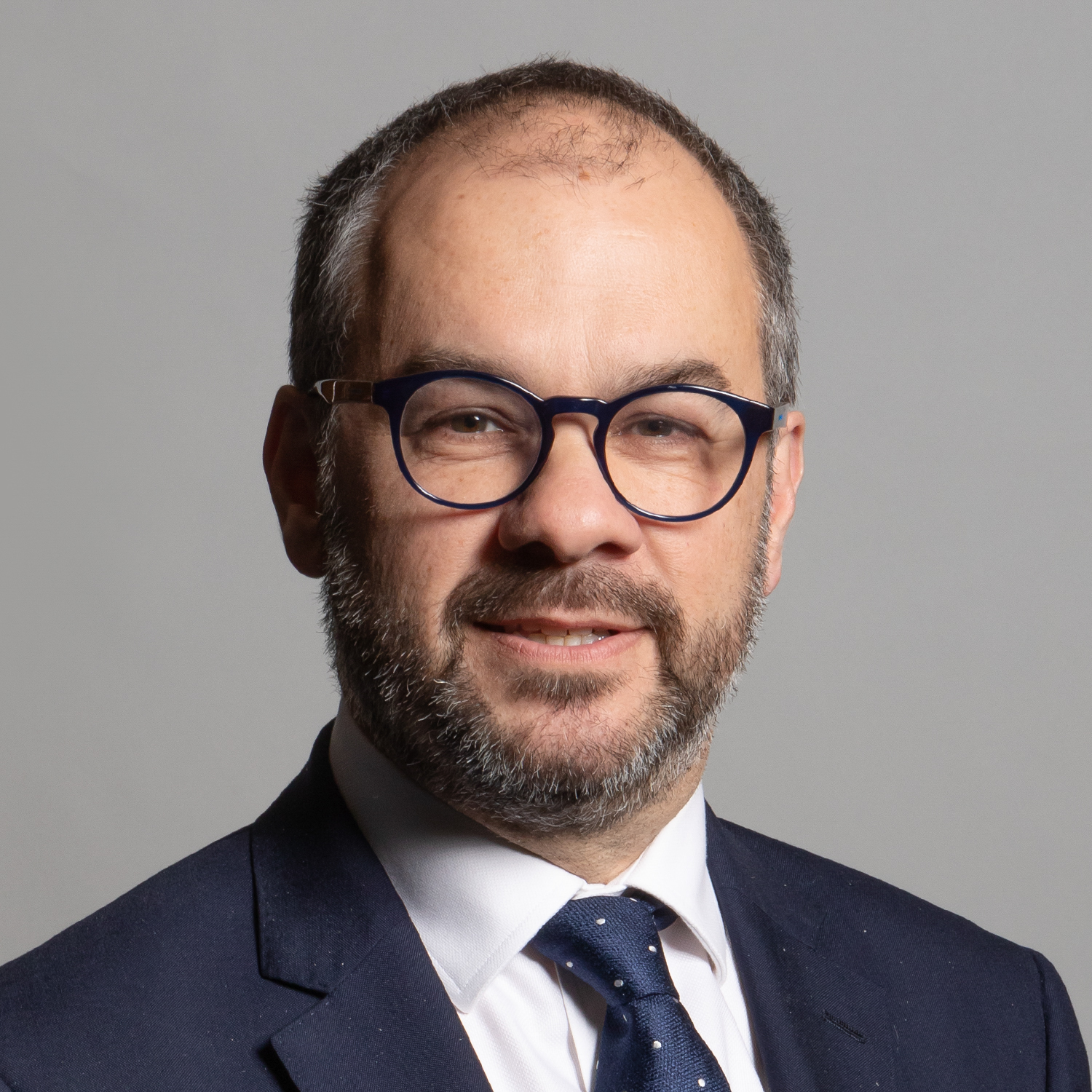
Paul Scully, MP for Sutton and Cheam, also pressed the UK government to take action against Sri Lanka "rather than having to keep renewing and taking no action?"
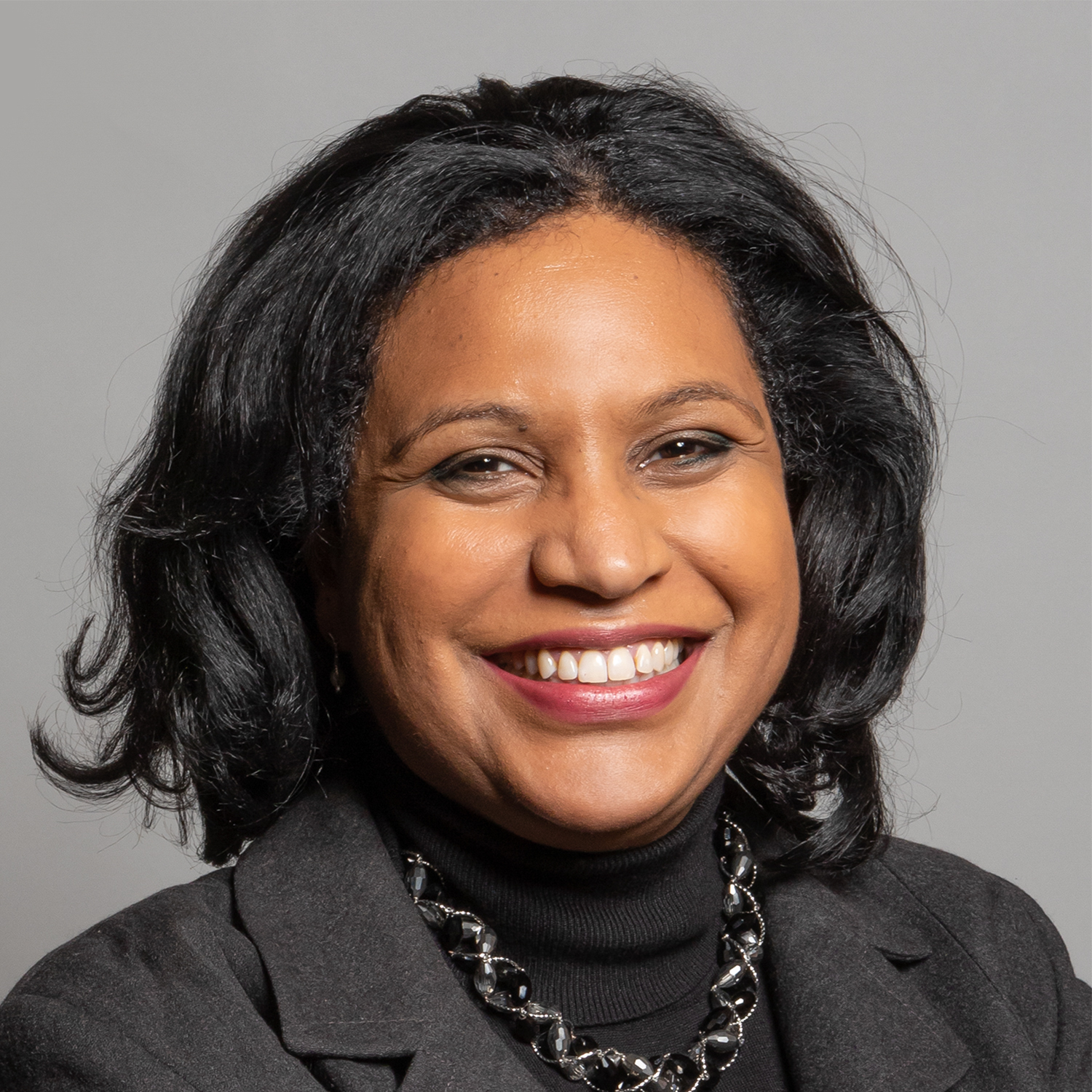
Janet Daby, MP for Lewisham East urged the UK government to "follow the recommendations of the UN High Commissioner and refer the perpetrators of these atrocities to the International Criminal Court. While we are waiting for that, the political and economic crises facing Sri Lankans, the humanitarian need and the geopolitical challenges in the region remain deeply concerning."
"Accountability for past and reported current crimes is crucial to achieve political sustainability, as is justice for the affected Tamil victim-survivor community," she added.
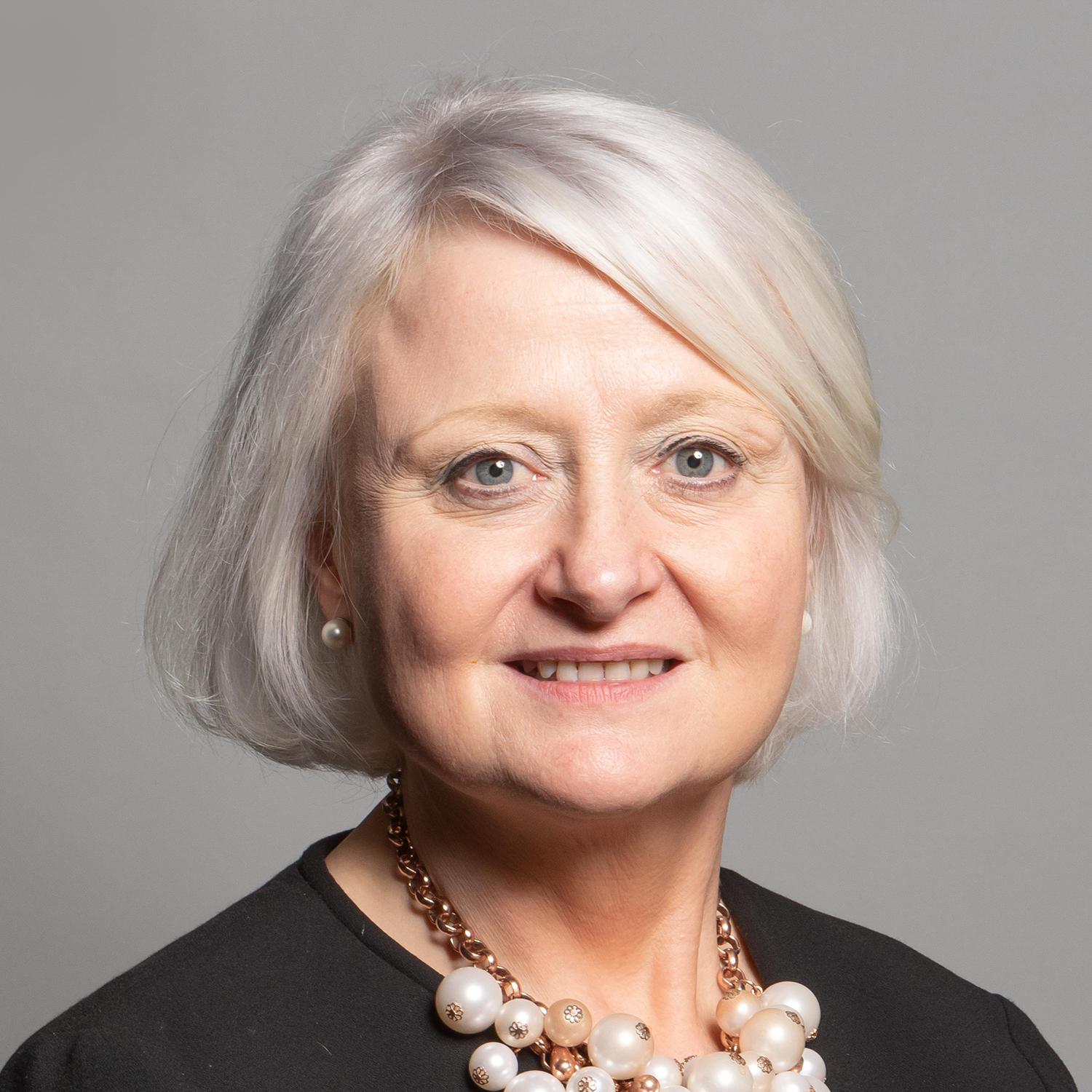
Siobhain McDonagh, MP for Mitcham and Morden, recalled protests in 2009 by British Tamils as they called for a ceasefire as Sri Lanka ramped up its military offensive.
"We heard of people lying on the beach, unable to be removed by family or community members because the democratically elected Sri Lankan Government were dropping cluster bombs on their own people," McDonagh said.
Criticising the slow progress of the UK government's diplomatic efforts, McDonagh added:
"In the 13 years since then, how much has changed? There is an attitude of always negotiating, always talking, always being calm—and doing nothing. Negotiating for what? Hundreds of thousands of people have still not been found and not one person has been prosecuted for committing a war crime; there are no more answers than there were before."
"Now is the time for the Foreign Office to decide whether it will carry on with its mealy-mouthed diplomacy, or whether it will use the laws Parliament has given it to take action against those who perpetrated war crimes," McDonagh further added.
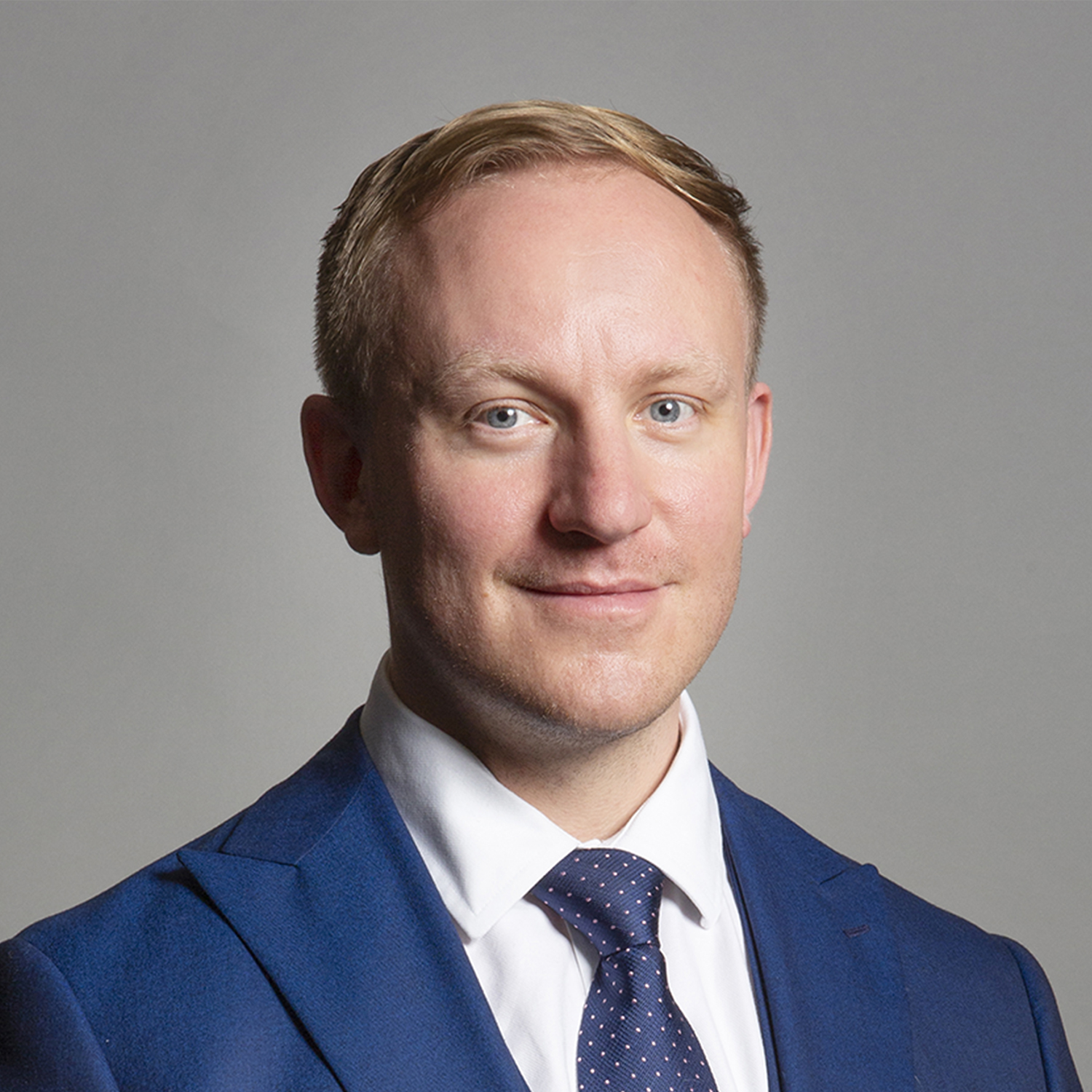
Sam Tarry, MP for Ilford South, called on the UK government to join Canada and the US in sanctioning Sri Lankan officials accused of war crimes.
"The UK's failure to sanction Sri Lankan military and government officials who are credibly accused of crimes against humanity and genocide - is hampering international efforts for justice and accountability and rightly enraging the Tamil diaspora around the world," Tarry said.
Tarry also highlighted the ongoing intimidation and harassment of Tamil civil society and politicians.
"Efforts to stifle Tamil voices in Sri Lanka have grown increasingly bold, as seen through the arrest of Tamil MP Selvarajah Kajendren, detained by the police for commemorating the hunger strike unto death undertaken by Thileepan, who demanded the right of self-autonomy for the Tamil people."
Tarry further added that the inflated presence of Sri Lanka's military in the North-East "perpetuates a climate of intimidation, human rights abuses and brutalises the Tamil economy."
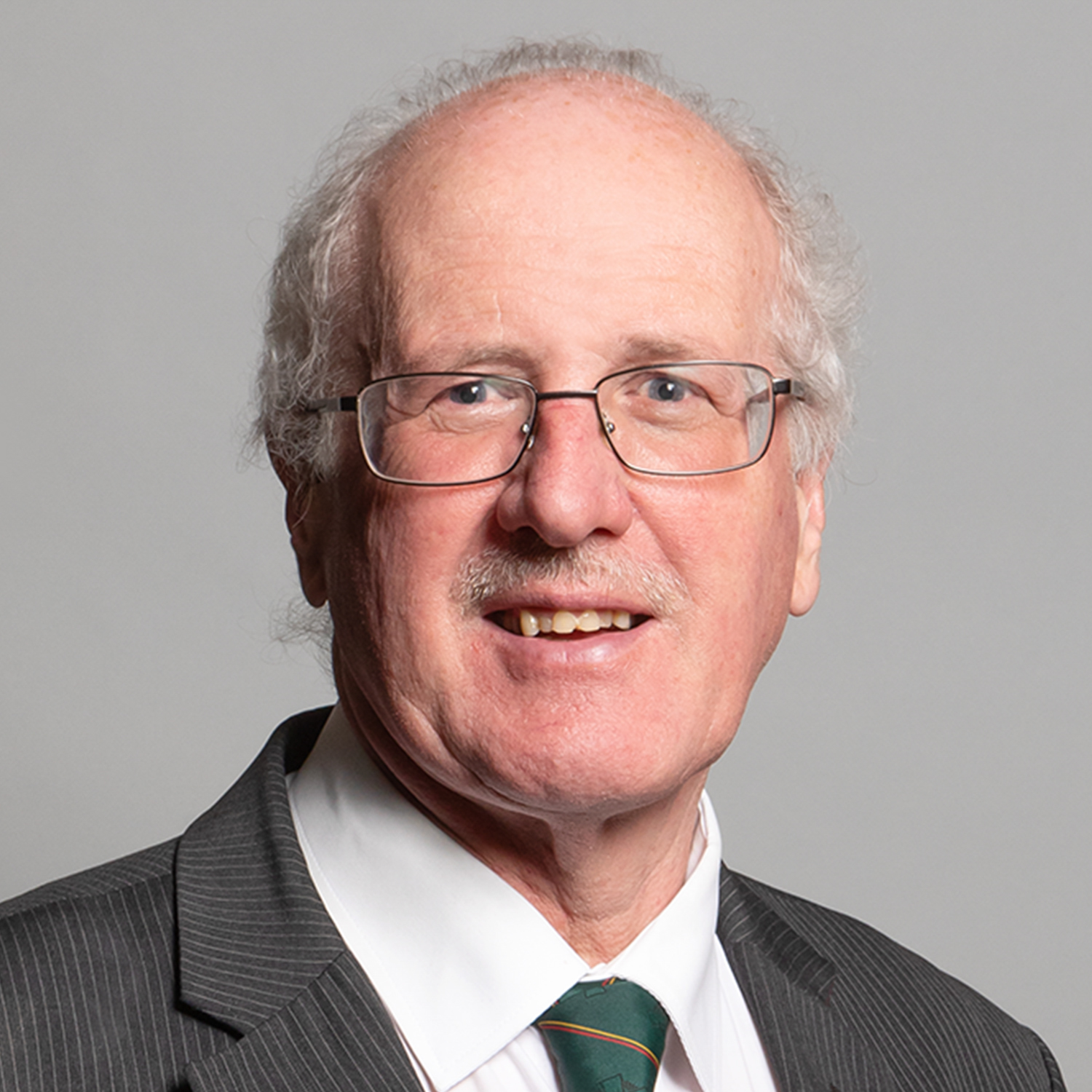
In his speech, Jim Shannon, MP for Strangford, spoke about Hindu and Muslim religious sites in the North-East which have been "destroyed under the oversight of Government agencies, creating space for the building of Buddhist temples."
"We have seen that bilateral talks can be effective in promoting change, but only to a limited extent. Sri Lanka’s economic dependence on the European market was a key point in its PTA reform process. Perhaps that pressure could be applied again," Shannon said.
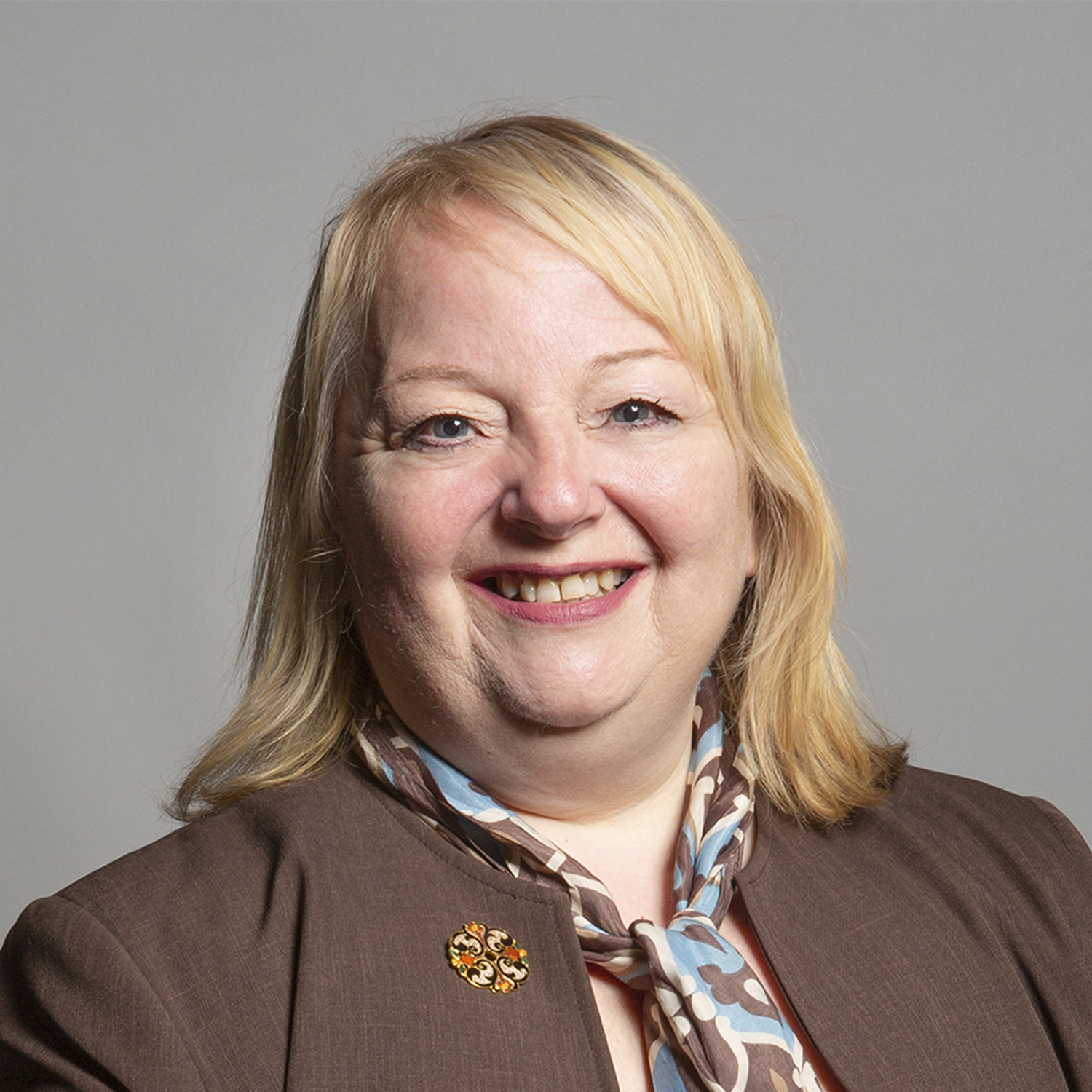
Anne McLaughlin, MP for Glasgow North East, pointed out that the beginning of her speech was taken from a speech she had done in 2021, to emphasise that the "situation [in Sri Lanka] remains almost exactly the same."
McLaughlin joined others in questioning the efforts by the UK government in holding Sri Lanka accountable.
"It could be said that the UK Government have been too trusting or that they are doing nowhere near enough to use that influence to safeguard the rights of Tamil people in Sri Lanka," McLaughlin said.
McLaughlin, also the Scottish National Party's international development spokesperson, asked the UK government whether they would refer Sri Lanka to the International Criminal Court or "another mechanism bringing perpetrators to justice."
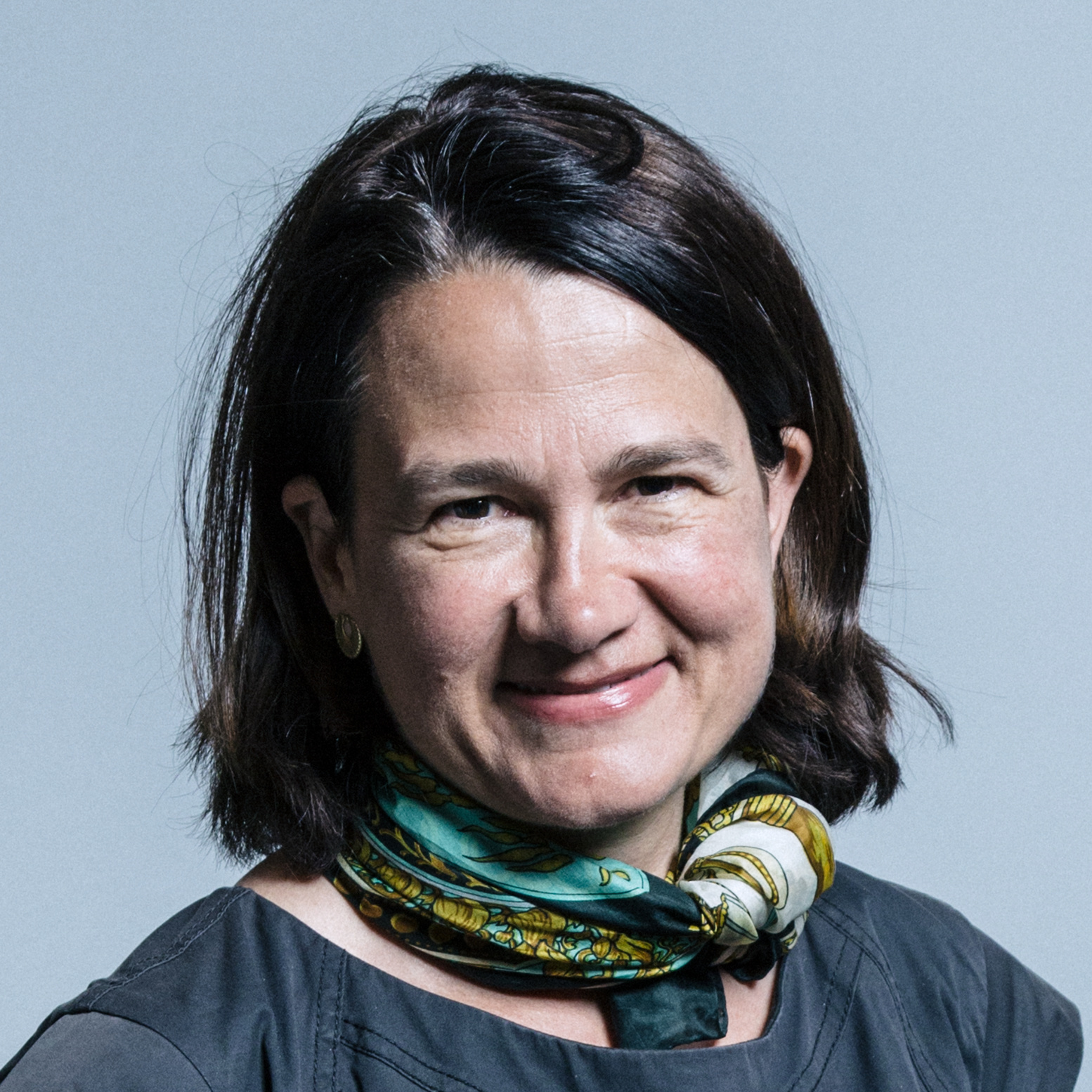
Catherine West, MP for Hornsey and Wood Green asked the UK government what progress Sri Lanka has made in the eight months that have passed since they set up the truth and reconciliation commission.
West highlighted that there have been concerns by organisations about the mechanism and expressed that "there is a lack of genuine confidence in the milestones that need to be achieved" by the commission.
West also echoed similar calls for sanctions in the debate, including on credibly accused war criminal, General Shavendra Silva, given that sanctions are the UK's "most important tool for holding certain individuals to account for their actions."
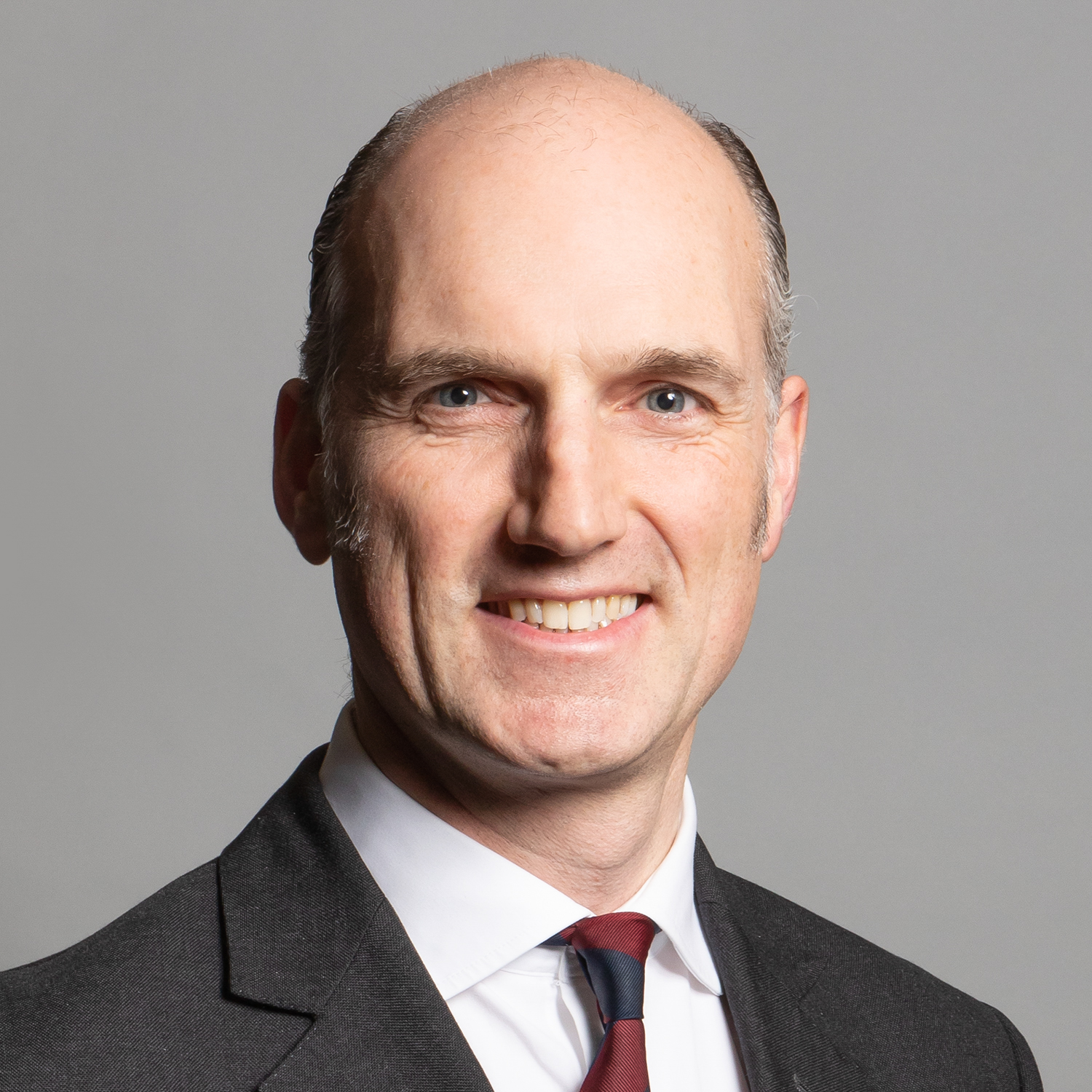
Responding on behalf of the UK government, Leo Docherty, the Parliamentary Under-Secretary of State for Foreign, Commonwealth and Development Affairs, said that the UK continue to pay close attention to the human rights situation in Sri Lanka and are aware of the ongoing marginalisation faced by the Tamil community.
"There have been increasing numbers of land seizures and disputes that have sometimes centred around religious sites, such as the Ayyanar Hindu temple in Mullaitivu. That clearly has troubling implications for freedom of religion or belief. More recently, we are clear that there has been state-sponsored settlement of traditional pasture land in Batticaloa, which threats the livelihoods of local farmers."
Docherty acknowleged that the PTA continues to be used on the island, most recently last week, "despite the Sri Lankan Government’s long-standing commitment to replace it with a version that meets their international obligations."
The UK has been the primary penholder of the resolutions passed at the United Nations Human Rights Council. Docherty said that the UK "will continue to use that resolution as a lever to argue for positive change."
Although Members critiqued Sri Lanka's reconciliation mechanism during the debate, Docherty stated that the UK welcomed Sri Lanka's commitment and "encourage them strongly to consult widely and come forward with detailed proposals."
Tamils in the North-East have repeatedly expressed their lack of confidence in domestic measures to achieve accountabiliy and justice. Successive Sri Lankan governments have announced numerous domestic commissions but none have produced any tangible results or prosecutions. This has eroded the faith of the Tamil victim-survivor community who have turned to the international community to push for accountability and justice.
Martyn Day concluded the debate by stating that "we really need further action, particularly on sanctions, and we need to ensure that there is international scrutiny of the reconciliation process."
"That is vital to getting any long-term solution," Day added.
Find the full transcript of the debate here.

